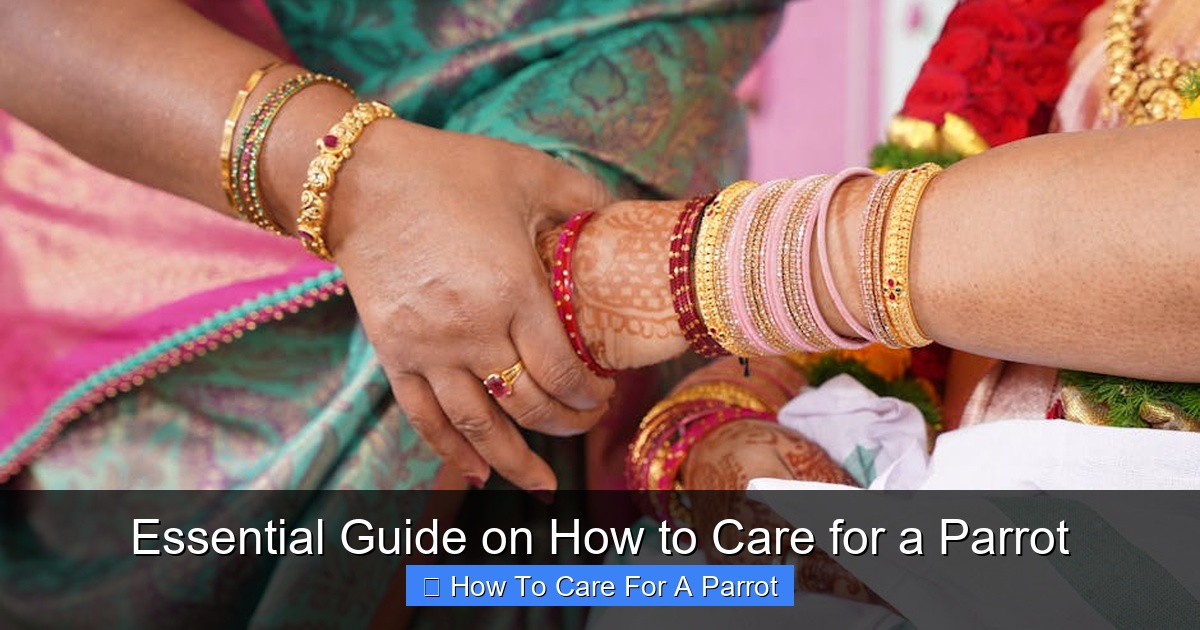
Featured image for this comprehensive guide about How to Care for a Parrot
This is a comprehensive guide about How to Care for a Parrot.
Frequently Asked Questions
What is How to Care for a Parrot?
How to Care for a Parrot is an important topic with many practical applications and benefits.
How can How to Care for a Parrot help me?
Understanding How to Care for a Parrot can improve your knowledge and provide practical solutions.
